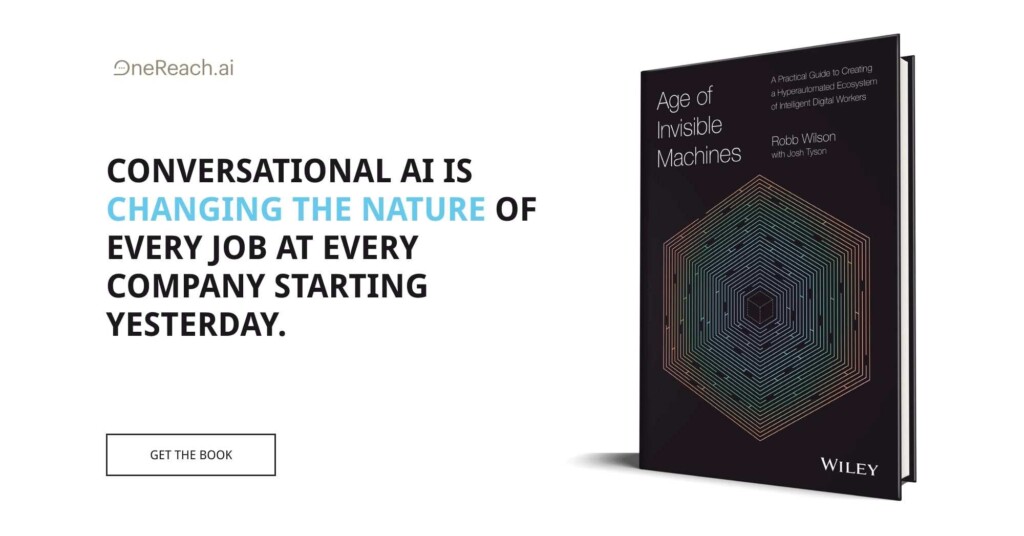In design, all the ‘User’-based words signify the relationship between people and tech systems, viz. products, features, and services. People use and tech is used. The term, however, does not give justice to the complexity of us as humans over just being an entity using the systems.
For simplicity, in this article, I will be referring to any solution viz. products, features, and services as ‘product’ itself.

https://.etymonline.com/word/user
This relationship, however, has surpassed the term with the product as well, learning from the ‘user’. There is a constant fight for solving the user’s problems but also retaining the user. Further, it has become more complex with the internet of things coming into the picture. Many experiences and interactions may affect our emotional and social well-being.
We keep the users at the center of the design and solve their problems. However, when products get designed, they are considered in isolated situations and tasks. In D-School, we were taught that there can be more than one solution to a problem. These solutions emerge based on the depth to which we understand our users. The more we understand about the user, the more we will be able to solve problems better. Further, understanding the users should not be restricted only to a certain task they are performing but to a long term effect of the product. We have gained empathy well, but it’s time to start applying it to meet human needs and desires.
Typically the user goals are looked at only limited to the product. This biases our outlook to only take for what we want and not what the user wants.
The following are stages in understanding how the product affects the user with increasing impact:
1. Being part of a product
The basic human need is to be part of something that makes oneself better.
Assuming we have already understood who the user is and what the problem is, the first step that every designer takes is to understand the context. Then we create the sense of being a part of something that will make an aspect of the users better. This can be some basic product that fits in the context of the use wherein the user is interacting with it seamlessly. It can be as simple as making a particular app usable or making a particular chore in a user’s life, less solitary.
E.g. A basic pen to support a student in the task of writing
2. Getting the mind share
Engagement builds a stronger relationship between the user and the product
It’s one thing for the users to use a product and completely another for the user to engage with it. This is when the user proactively wants to engage with the product, and the relationship transitions from push to pull. Now, the context starts becoming more ambiguous or you have multiple contexts into play. It is important to understand all the contexts where the user is willing to engage with the product and how we can create the product to be more intuitive to the user.
E.g. The pen has improved functionalities like multi-colored refills that makes the student excited about using it
3. Making life better
Products may engage us, however, not all make our lives better.
Beyond attaining engagement is when the product makes a positive impact on the user’s life. This is when the simple seamless interaction with a product becomes efficient. However, it may not be as simple as efficient task completion. It can also be countered from the softer human side like making the user’s life better. It is where the product helps the user socially, physically, or psychologically. In this stage, it is quite important to understand who the user is beyond their product-related needs and goals and looking at the untapped goals beyond the product. These may be small wins or even a major aspect of the user’s life that gets affected.
E.g. A pen that auto-transcribes the notes digitally for the student
4. Bringing Joy
Joy or delight is conscious acceptance by the user about the positive state
The final stage of making our user’s life better is attaining joy. Joy or delight is conscious acceptance by the user about the positive state. This is achieved by constant sustained happiness, not spurts of delight occasionally. Even being a contributor to our user’s happiness can be factored as a success. To uncover the secret to what brings our users joy, we should already know how the user is part of the product, and what makes the user’s life better. Then we need to go in-deeper to understand what will cause delight to the user in a sustained manner.
E.g. A pen that encourages an aspiring writer get to a goal of writing 1000 words per day
5. Protecting our users
With great power comes great responsibility
We are in a period where the well-being of our users will surpass the need to achieve joy for our users. Joy can be subjective, however, well-being is a more holistic approach to a user’s life. Well-being needs to be understood quite broadly as well as in-depth to what things will contribute to life expectancy, and physical, psychological, and intellectual health. We also need to go deeper to understand how our products will impact human conceptions like meaning and fulfillment. These are all things that go beyond happiness.
E.g. The pen that takes care of a student’s hand, may be the wrist or overall posture during writing
6. Going beyond users
This is the point which is the final epitome of where we should aim reach. The products we build may cause social, economic, and environmental problems. We should not just look at how products work in isolated situations but also consider how they will work on a community level.
We all have seen how products can affect societies intentionally or unintentionally. It’s time for us to look at users but also beyond users. Imagine how the world would be if we could create such an impact where we were able to reverse any harmful decisions that were made previously.
‘Using’ a product may not be a sign of success anymore and making all the parts of life frictionless may not be the right way to go about things. Friction, I agree slows things down, however, it allows us to stop, think, deliberate, and self-reflect. This helps us experiment and develop trust and preferences. But friction is expensive. In this case, the choice is a burden, and we choose not to choose and accept the default set by others. How do we solve this dilemma and bring an equilibrium?
I feel these are just starting points, but the conversation has begun. We need to decide which perspective is more important as one person’s utopia is another’s dystopia. Think about the humans from the movie Wall-E, they get used to having food delivered to them without moving from the chair or how Facebook, which is meant to connect with friends, allowed third parties to use the user’s data to develop profiling and personalization algorithms to influence their beliefs and votes. It is indeed challenging to acknowledge the expense of our profession. However, we can do a lot many things to ensure our health and well-being. I am interested in knowing what other Design professionals approach in such scenarios.








